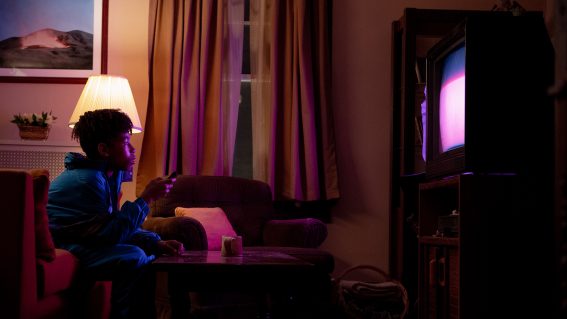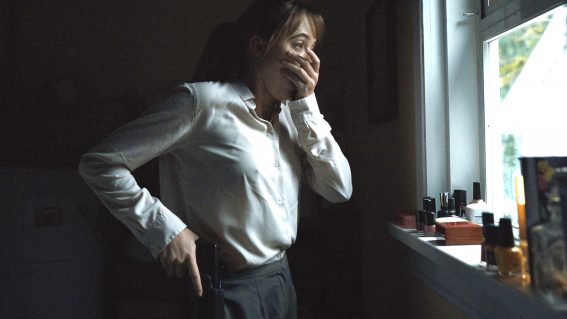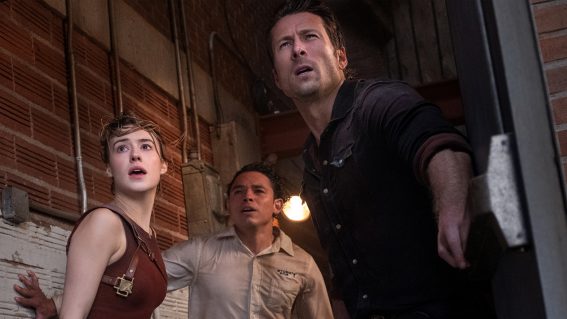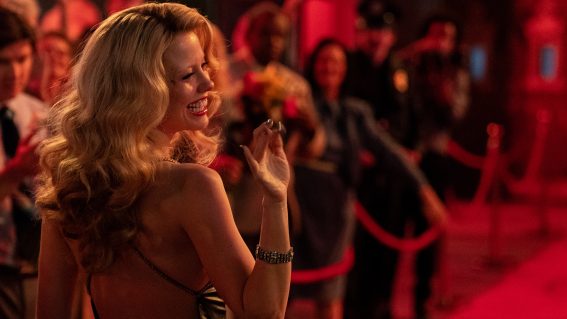Sizzling series Chloe is a Hitchcockian thriller for the age of Instagram
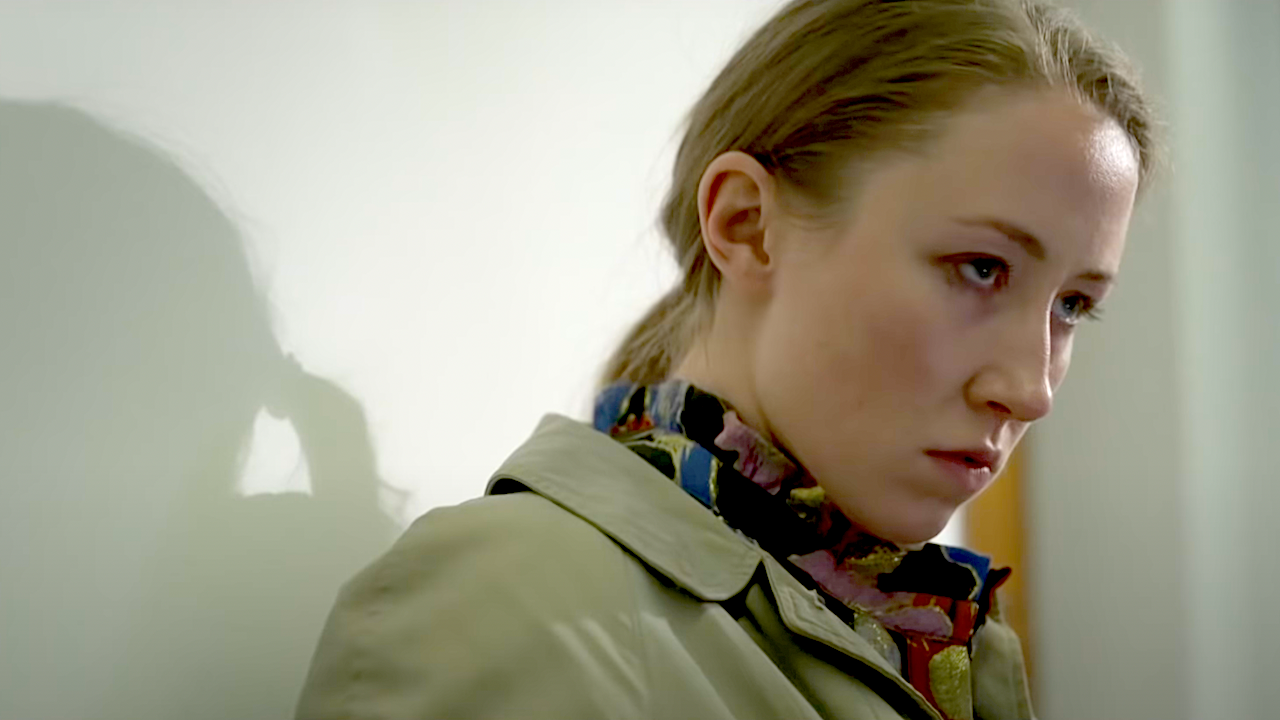
In Alice Seabright’s miniseries Chloe, friendship turns to dark obsession and deceit. Lillian Crawford found it shlocky at times, but ultimately satisfying.
Social media has provided countless opportunities to refresh old stories, from Tinder-based rom coms to webcam horror. The tale of a girl who emulates and then usurps a more popular, beautiful woman has been told through Hitchcockian thrillers like Rebecca and Hollywood melodramas like All About Eve. In a time when anyone can filter their life into a picture-perfect illusion, it’s unsurprising that feminine envy causes some women to go to extremes.
In 2017 this story was given an Instagram update in the American black comedy Ingrid Goes West, in which Aubrey Plaza played a woman obsessed with the #flawless lifestyle of an influencer played by Elizabeth Olsen. While largely played for laughs, there’s a sinister element to Ingrid’s behaviour that would lend itself well to a sleazy erotic thriller.
Alice Seabright’s six-part BBC series Chloe fits this bill. With its influences writ large, Seabright examines the unhinged mechanics of identity fraud and the spiral it leads to. There are hints that Becky Green’s obsession with Chloe Fairbourne is founded in mental illness, ranging from visualised flashbacks to obsessive compulsion (which plays into problematic stereotypes).
However, what is frightening about Chloe is the sense that anyone could be like Becky. Anyone could give a false name, lie about their occupation, their background, their interests. We publicise so much about ourselves on social media that it’s not too hard to put all the pieces of a life, an identity together—our friends, our homes, our lovers. It’s easy to fool yourself into believing you know everything about someone, enough even to enter their life once they are dead.
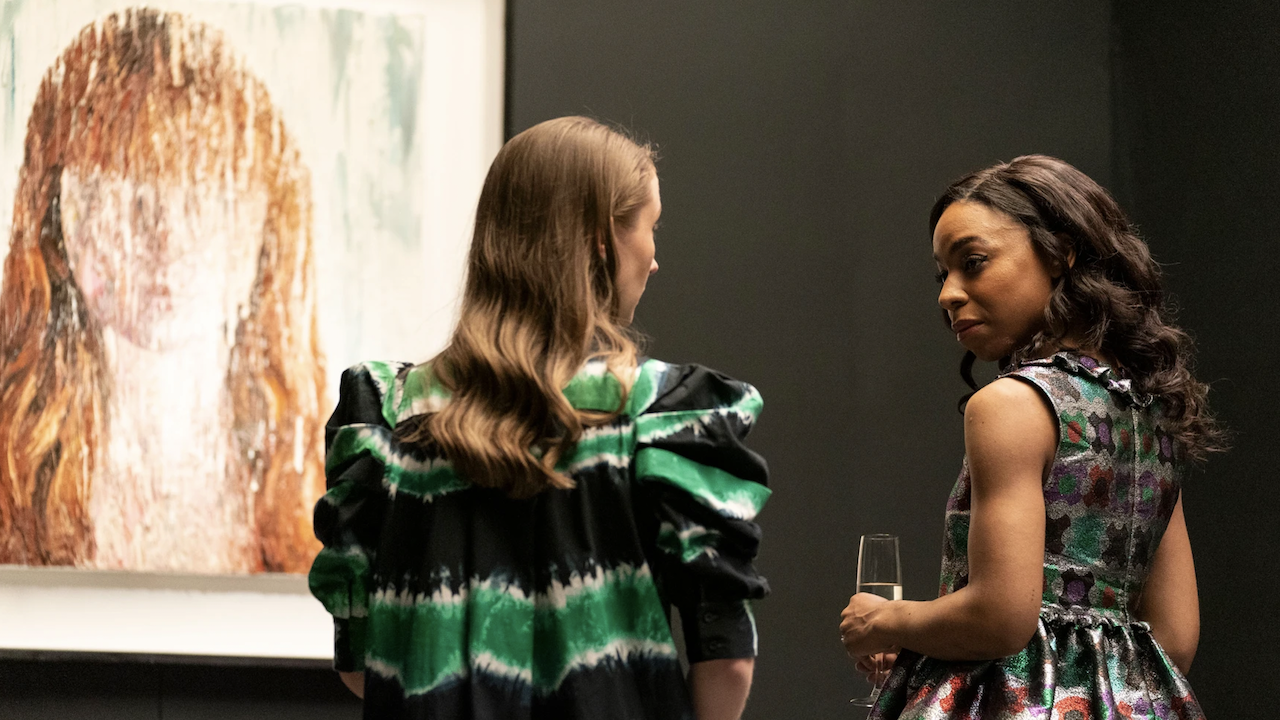
What Seabright so brilliantly manages in Chloe is to make its central mystery not the deceased Chloe Fairbourne, but the living Becky Green. By so convincingly immersing herself in her role of the fictional Sasha, Becky becomes largely unreachable except through the hazy visions of her past. Again this is aided by the unfortunate exploitation of her mother’s dementia, which it is heavy-handedly suggested Becky has inherited.
The dual role of Becky/Sasha is deftly carried by Erin Doherty, a worthy part to follow her scene-stealing performance as Princess Anne in the third and fourth series of Netflix’s The Crown. Her navigation of Seabright’s script is so elegant and suave that one could well imagine her as a con artist in a Soderbergh movie—her character is so unflinchingly deceitful that she quite easily pulls off her hustle until the bitter end.
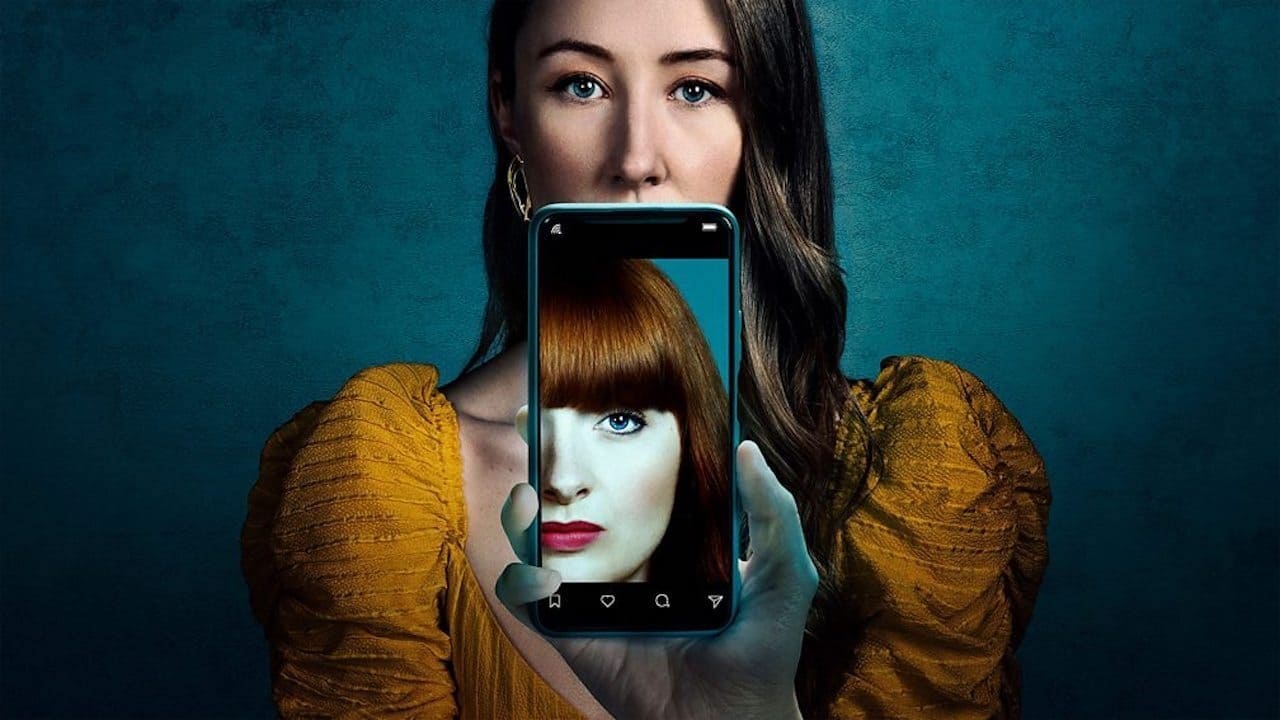
As with Ingrid Goes West, there’s a guilty form of pleasure derived from seeing just how far Becky is able to go in infiltrating Chloe’s former life. From getting hired by her best friend to moving in with her husband, it seems that there is no limit (and, perhaps unrealistically, no questioning) to her charade.
The benefit of a six-hour long series is that these threads are allowed to grow out of control before reaching an inevitable, if still satisfying, climax. There are moments when the series veers away from tense thriller into the realm of horror. Some of these feel quite schlocky, and their recurrence occasionally makes certain episodes feel repetitive.
But there is a particularly effective device in the fourth episode featuring a gallery depicting the dead Chloe which plays on the minds of the central characters. It recalls the enormous portrait of Rebecca De Winter, or the portrait of Carlotta Valdez in Vertigo. At its most Hitchcockian, Chloe truly sizzles.







